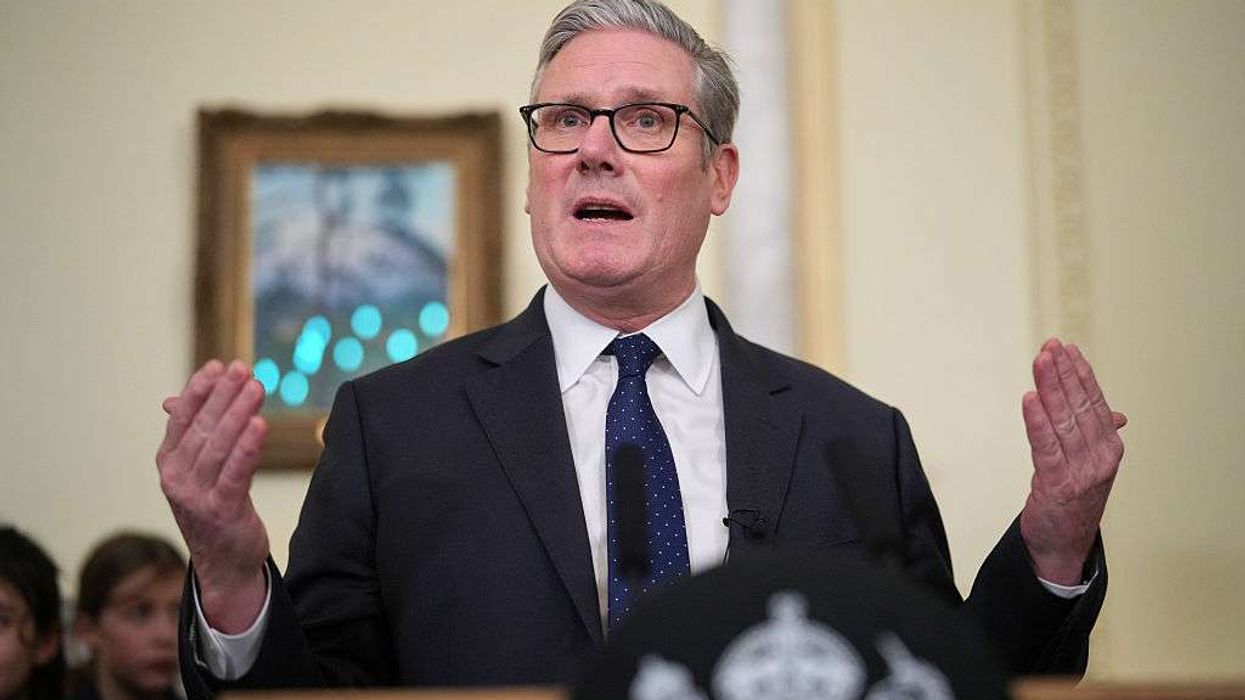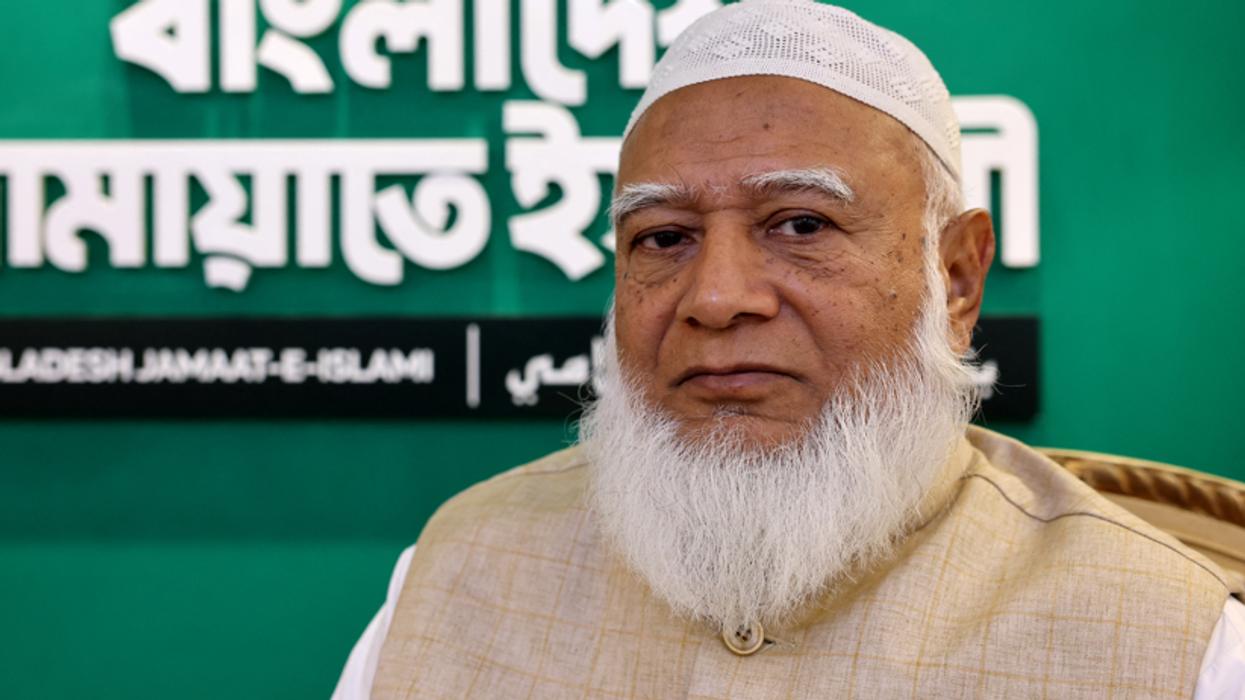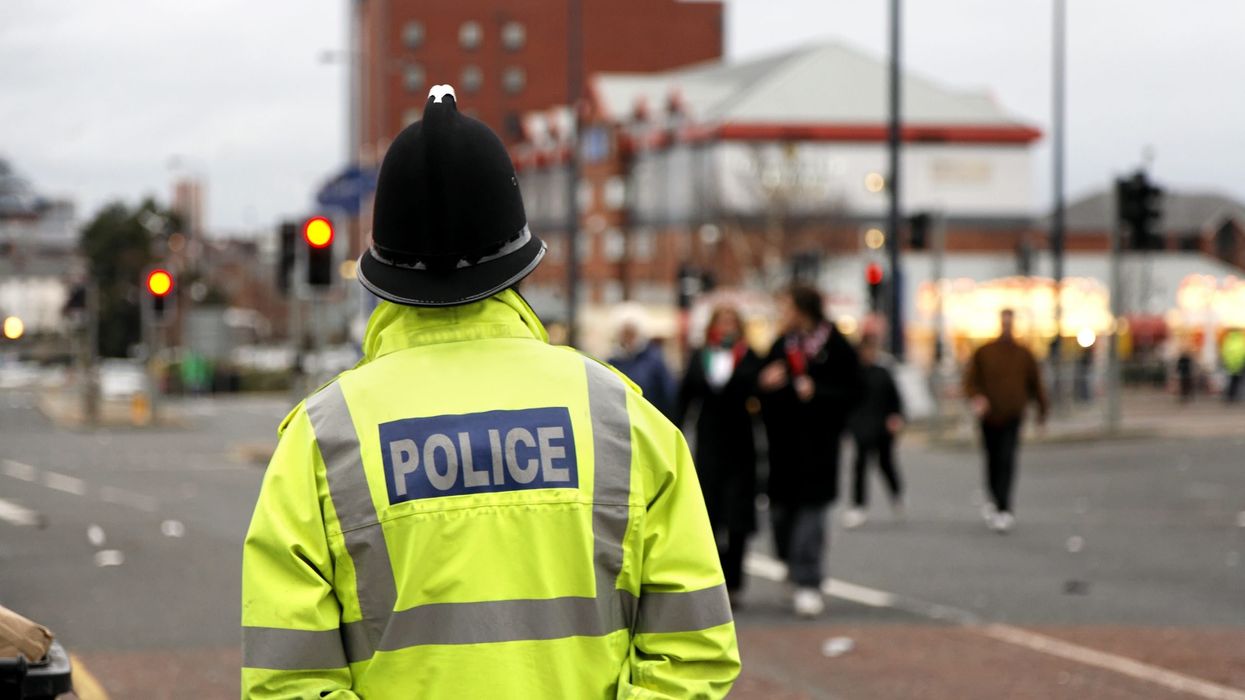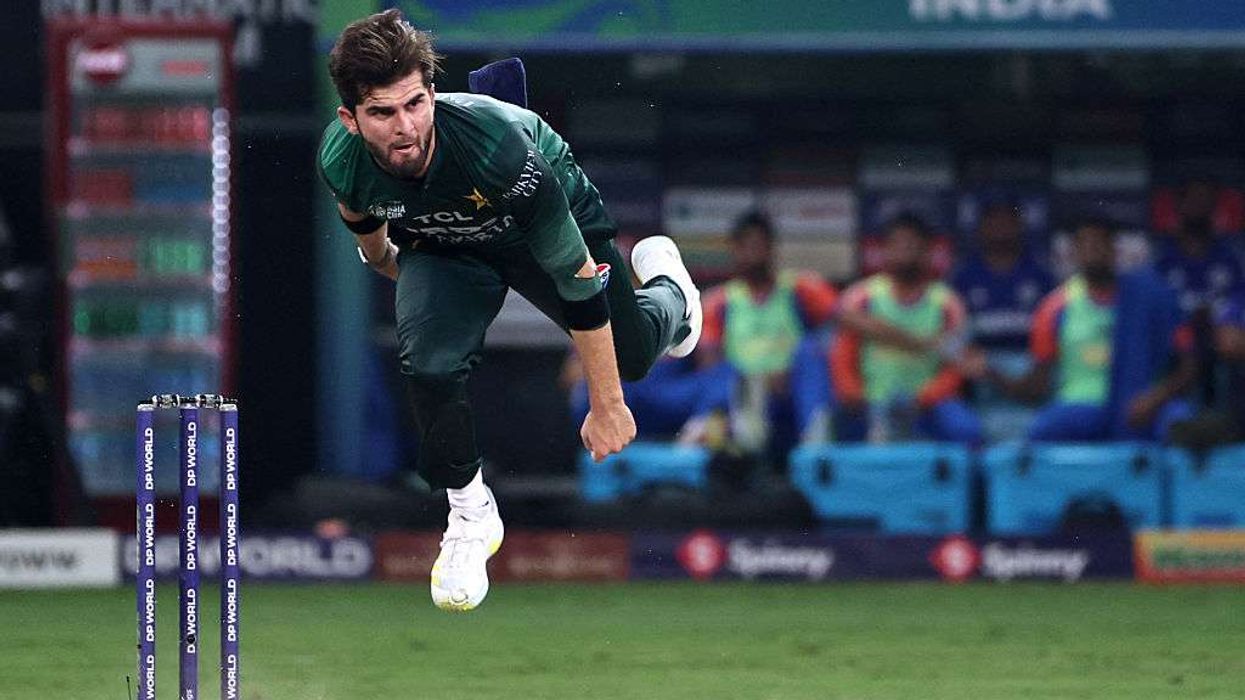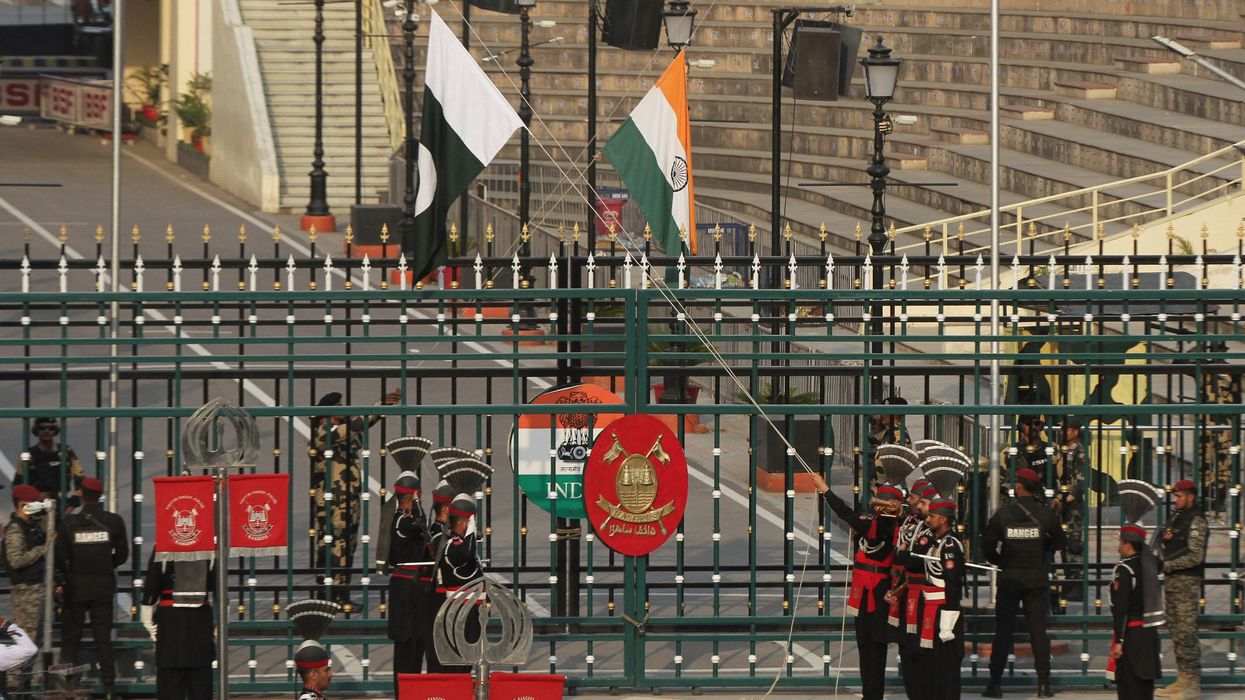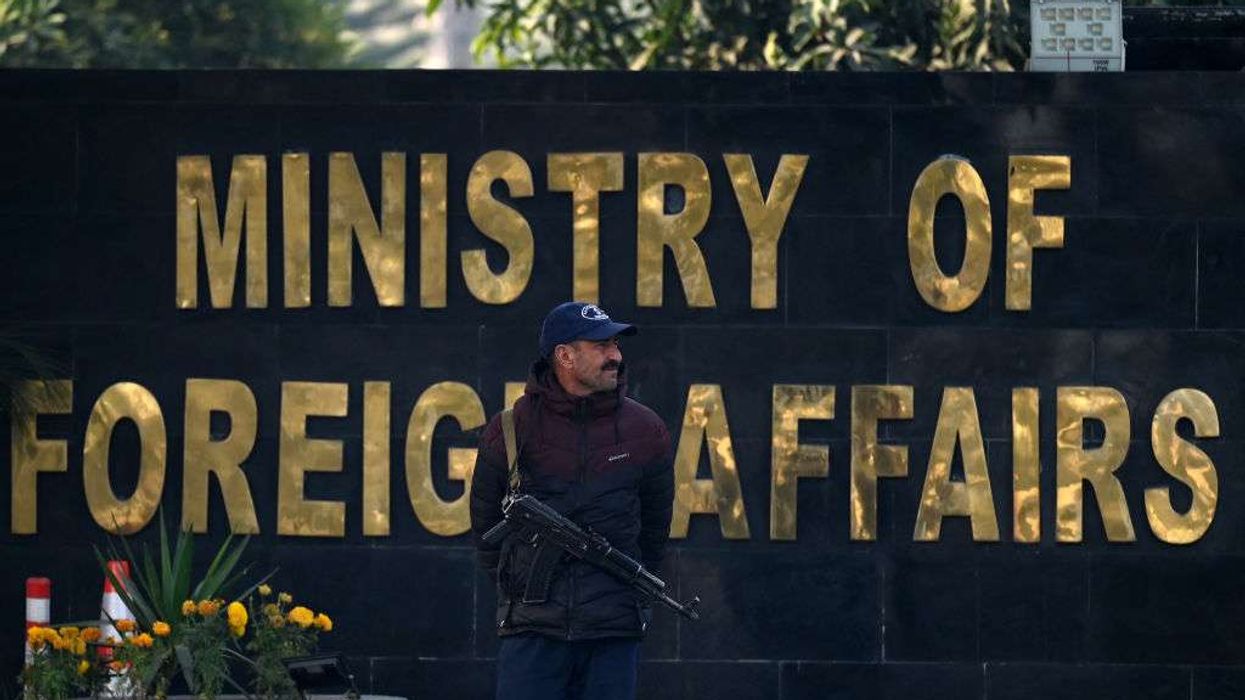By Sarwar Alam
IT WAS a decade ago that brothers Captain Brijinder and Lieutenant Harmeet Singh Nijjar, then teenagers, visited the Army Aviation Centre, in Hampshire, where they remember being “blown away” by the sights and sounds of the Apache helicopters in action.
Today, they stand in that very same spot, one as a qualified Army pilot and the other on the verge of doing the same.
Though they both were in the Army Cadet Force, a future in the forces was by no means certain for the brothers.
Brijinder, who was 16 at the time, admitted that “all sorts of ideas” were running through his head about what he wanted to do with his life. A career as a police officer, a pharmacist and a vet were options, but it was that one experience at the Army Aviation Centre that changed the course of his and his brother’s lives.
Brijinder said: “It was something as simple as seeing a helicopter landing, jumping inside and being flown around – you never forget something like that.
“We had the opportunity to speak to soldiers and pilots about their experiences and interests and we found we had similar interests. So when I realised I could actually do that for myself and become a pilot, I just went for it and thankfully it worked out.”
Harmeet recalled: “We spent time with the Army Air Corps, and took a picture with the Apaches. And that is what sparked our interest.”
When they went to university (Brijinder studied biology at Royal Holloway while Harmeet did law from Kingston University), they continued to maintain their links with the Army with the goal of first being selected for initial officer training and then the Army pilot course.
“At university, I became convinced I was going to join the Army,” Brijinder said. “I went to the (officer) selection process and got to visit different regiments, including the Army Air Corps. I saw what life in the military was like. I could see the camaraderie and made friends from day one, and I am going through my training with some of them now.”
The officer selection process involves tests (written, psychometric and physical), outdoor tasks and interviews. Brijinder and Harmeet said it was a “daunting” experience, but it was also an immensely proud moment when they were selected. They are the first members of their family to join the Army.
After leaving university, the siblings did their officer training at the Royal Military Academy, Sandhurst, 12 months apart. But before arriving at Sandhurst, they had to complete the Army Air Corps selection process too – and this gave them their first opportunity to fly an aircraft.
“It was nerve-racking to begin with,” Brijinder admitted. “Up until that point, I had only ever been in a big airliner, which is like sitting in the living room, and suddenly here I am doing loops and
flips and turns in this small plane.
“But you then relax into it and you start to learn new techniques. In two to three weeks, I had gone from never having been in a small aircraft before, to knowing how to start the plane, taxi, take off, do various manoeuvres and land almost solo.
“That’s one of the key things I found – the Army has a way of pushing you beyond what you think is possible. I was learning things which would have taken me weeks, months or years to learn in civilian training, but I was picking these things up in a matter of weeks.
“I started this course on the Apache six months ago and now I can fly an Apache helicopter – it’s quite remarkable.”
Harmeet added: “Someone like me and my brother would never have had the opportunity to become a pilot if it wasn’t for the Army. The Army is paying us to learn how to fly, you wouldn’t get that anywhere else.
“[To get to] the equivalent of a commercial pilot, [someone] would be spending upwards of about £100,000 for the same training. You’re basically taking out a mortgage to pursue a career in this field. And we are having it provided to us not just free of charge, but we are being paid to do it.”
By 2015, the brothers had completed the 44-week officer training at Sandhurst and were on the Army pilot’s course. Having gained his “wings”, Brijinder is now in the final part of the programme, known as the ‘conversion to type’ training.
“I am a qualified military pilot, but I am doing training for the frontline now. Your wings are considered probationary until you are qualified. It’s a bit like doing your driving test and then going on to do minibus or lorry driving training. I should be a qualified attack Apache helicopter pilot within the next year.”
Younger brother Harmeet is one step behind, on the operational training phase, which makes up the bulk of the training programme and consists of 91 flying hours and a tactical simulation course.
Asked if their relationship is of a competitive or supportive nature, Brijinder said: “A bit of both; I think supportive when we need to be. We’ve always worked as a team. It’s good for him to see what’s coming next so I give him a little heads-up.
“There is also a competitive edge. I’m trying to get the best grades I can, he is trying to beat me. And I hope the competition is going to raise our standards.”
After qualifying as pilots in the Army, Briijinder and Harmeet would be forgiven for thinking about moving on to the lucrative commercial sector and flying as civilian pilots. However, they are more keen for others to see what motivates them.
“If we can do it, then anyone can do it. We are by no means above average or extraordinary in any way. We were brought up in west London and have come from very humble beginnings and that’s where we intend to stay,” said Brijinder.
Harmeet added: “It can’t be the case that we are the only two people from our community who are good enough to join the army. That’s just not true. There are a lot more out there (who can join the Army), but it’s just a lack of knowledge. We would urge them to learn more about it. “If you are not going to join the Army, that is absolutely fine, but this is your army and everyone should know what we do and what opportunities are available.”
Brijinder, who revealed there was no one who “looked like me who was ahead of me”, said people are surprised when he tells them he is an Army pilot. But the brothers are trying to change this by being role models and going out of their way to inspire the next generation.
“We go into schools and colleges as much as we can,” said Harmeet. “They (students) are quite receptive to us. We can tell them, ‘we sat exactly where you are siting 10-15 years ago and we have made it here and so can you’. We show them pictures and videos of an Apache and they think, ‘I wanna do that’. “The British Army is a home for everybody, no matter what kind of background you are from.”
Brijinder added: “I have gone from being a young boy going to university not quite sure what he wants to do, to now on the verge of being an attack Apache helicopter pilot. I think that is a massive win for social mobility. The fact you can take somebody from any background and bring them to the front of a completely new area is just brilliant and more people should be encouraged to do it.
